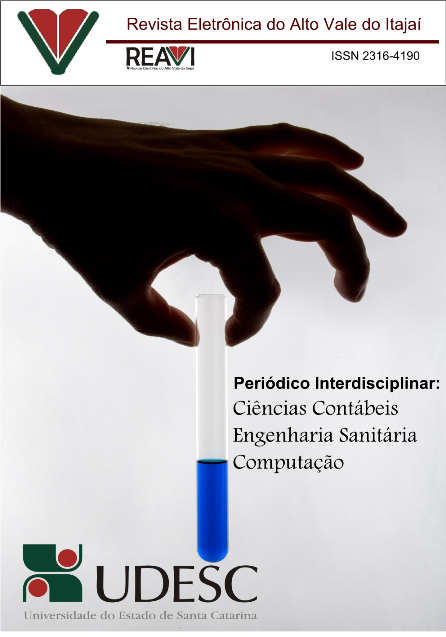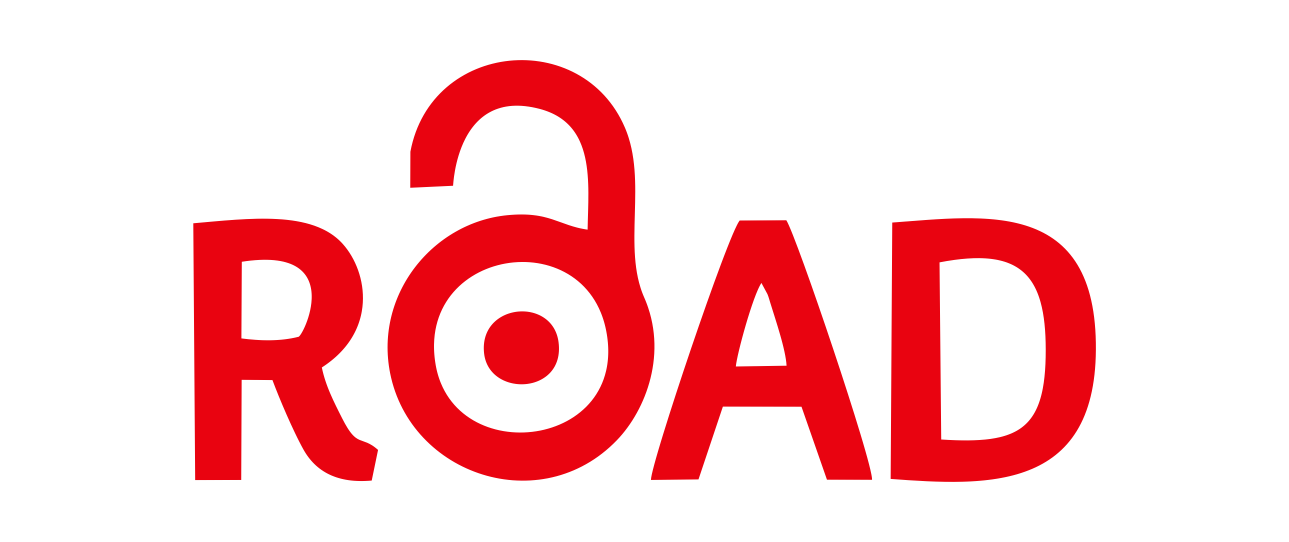Relation between the manager's profile and the feeling of external environment on the elaboration of corporate strategy
DOI:
https://doi.org/10.5965/2316419003032014038Keywords:
external environment, strategic profile, corporate strategyAbstract
The article includes discussion of the external environment to companies and the relation of the profile manager in the perception of the preparation of corporate strategy. The external environment which includes inter alia: consumer, technology, economics, and politics of a society, in theory should be a prerequisite for the development of corporate strategy. In this perspective, the discussion of the study that comprehensively identifies the view that consumers have of managers with regard to the relationship between the perception of the external environment and the strategic profile in the preparation of corporate strategy in business Ibirama the State of Santa Catarina arises , Brazil. The theoretical framework has allowed the elucidation of various aspects of the external environment, profile manager and strategic corporate as well as consumer satisfaction. This is a descriptive study, in addition to the literature review, data collection carried out in- situ by means of a survey with consumers within the city limits of the City of Morrow/SC in July 2013. A similar study was conducted in which subjects were managers of the companies, so some comparative data allow us to see that there are agreements and disagreements in the views of managers and consumers in the matters related to the subject under study. We conclude that the characteristics of the profile of managers and perception of the external environment point to gaps in the process of formulating corporate strategy that fully meets the consumer.
Downloads
References
BEAL, Adriana. Gestão estratégica da informação. São Paulo: Atlas, 2008.
BERNARDI, Luiz Antonio. Manual de empreendimento e gestão: fundamentos, estratégias e dinâmicas. São Paulo: Atlas, 2003.
BRESSAN, Flávio; TOLEDO,Geraldo Luciano; SUGAHARA, Cibele Roberta. Modelos mentais e as escolhas estratégicas de um empreendedor: tipologia de Miles e Snow sob a ótica do modelo de temperamentos de Keirsey e Bates. 2011. Disponível em: http://www.ead.fea.usp.br/semead/14semead/resultado/trabalhosPDF/1078.pdf. Acesso em: 26/02/2013
DE OLIVEIRA, Djalma de Pinho Rebouças. Excelência na administração estratégica. 4. Ed. São Paulo: Atlas, 1999.
DE OLIVEIRA, Gian Márcio Paiva; VIEIRA JUNIOR, Eufrásio; DE OLIVEIRA, Janyslandia Dias. O Perfil do empreendedor dos empresários do Brejo Paraibano. 2008. Disponível em: http://www.prac.ufpb.br/anais/xenex_xienid/x_enex/ANAIS/Area7/7CFTDCBSPEX01.pdf. Aceso em:26/02/2013.
FARAH, Osvaldo Elias; CAVALCANTI, Marly,; MARCONDES, Luciana Passos. Empreendedorismo estratégico: criação e gestão de pequenas empresas. São Paulo: Cengage Learning, 2008.
IBGE – Instituto Brasileiro de Geografia e Estatística. Censo demográfico 2010. Disponível em: http://censo2010.ibge.gov.br. Acesso em: 28/01/2014.
LACOMBE, Francisco José Masset; HEILBORN, Gilberto Luiz José. Administração: princípios e tendências. 2.ed. rev. e atual. São Paulo: Saraiva, 2008.
MAXIMIANO, Antônio Cesar Armau. Administração para empreendedores: fundamentos da criação e da gestão de novos negócios. São Paulo: Pearson Hall, 2006. 212 p.
MOWEN, John C; MINOR, Michael. Comportamento do consumido. São Paulo: Prentice Hall, 2003.
PEREIRA, Ana Maris. Introdução à administração. 3. ed. São Paulo: Prentice Hall, 2004.
PETER, J. Paul; CERTO, Samuel C. Administração estratégica: planejamento e implantação da estratégia. 2. ed. São Paulo: Makron Books, 2005.
SOBRAL, Filipe; PECI, Alketa. Administração: teoria e prática no contexto brasileiro. São Paulo: Pearson Prentice Hall, 2008.
Downloads
Published
How to Cite
Issue
Section
License
Copyright (c) 2014 Marino Luiz Eyerkaufer, Marines Lucia Boff, Flávia De Souza

This work is licensed under a Creative Commons Attribution 4.0 International License.
Brazilian Journal of Accounting and Management offers free and immediate access to its content, following the principle that providing scientifical knowledge in a free manner promotes a better world democratization of knowledge. Authors maintain copyright of articles and grant to the journal the rights of the first publication, according to the Creative Commons Attribution licensing criteria, which allows the work to be shared with initial publication and authorship recognition. These licenses allow others to distribute, remix, adapt, or create derived work, even if it is for commercial purposes, provided that the credit is given to the original creation.




















